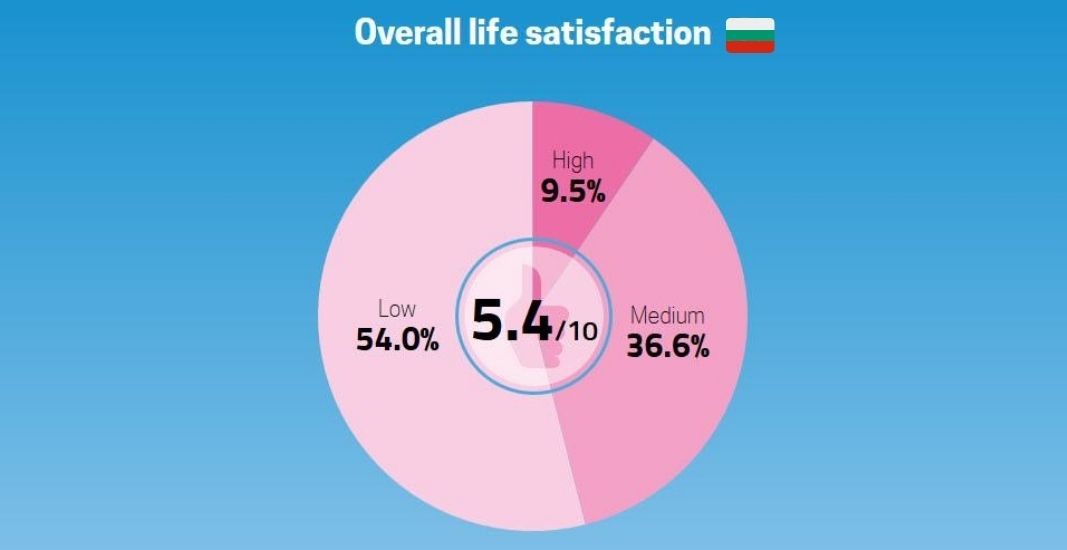For years Bulgaria has been at the bottom of the charts when it comes to quality of life in the European Union. In the past there was a period when this country was ahead of Romania but now it is last in Europe. According to Eurostat, 54% of Bulgarians are dissatisfied with their quality of life. In comparison, this indicator for the EU as a whole is just 16.4%.
Most statistics show that Bulgaria is now lagging behind former socialist countries that it used to be ahead of years ago. According to the "Catch-Up Index 2019", which compares the extent to which the countries of the Eastern bloc are catching up with the older EU Member States, Bulgaria is still at the bottom of the chart. For example, Estonia, the Czech Republic and Slovenia rank 13th, 14th and 15th, while Bulgaria ranks 29th in the overall ranking.
According to the same index, this country shows its "best" performance in the categories of "Economy" and "Governance", occupying 28th position.

In terms of well-being, 70% of Bulgarians feel dissatisfied. Eurostat data show that the average annual equivalent income in Bulgaria reaches 3,590 euros, compared to 16,843 euros in the EU. The good news here is that Bulgaria is already in the "waiting room" of the eurozone, which analysts say boosts stability and guarantees tighter European supervision.
Protesters, who have been rallying for 28 days downtown Sofia in the area between the so-called "Triangle of Power" and the emblematic "Eagles’ Bridge", which once became a symbol of democracy, also call for stability and strict observance of the law. Protesters have been joined by Bulgarians from many towns and cities in the country, as well as an increasing number of Bulgarians, who left the country, precisely because of the lack of prospects.
Looking at the statistics again, we see Bulgaria at the bottom of the list and characterized by prominent inequality, troubled health care system, high corruption and low media freedom. This has been increasingly demotivating for Bulgarians who refused to go to the polls and vote because of lack of political alternative.
According to a recent poll by Alpha Research, over 60% of Bulgarians support the protests, which for this country means significant progress in terms of expressing a unified civic position. 37% of those supporting the protests are calling for early elections. And over 66% of Bulgarians support "citizens who go out to protest spontaneously," according to sociologists.

When it comes to the upcoming parliamentary elections, analysts predict redistribution of votes, and that about 6-7 parties with currently ruling GERB ahead would be the major players on the political scene.
It is only a matter of time before we find out if the political configuration would solve the most pressing issues of Bulgarian society, as one of them is the quality of life in this country.
English: Alexander Markov
Potos: BTA, Eurostat
The campaign to enroll students in the Bulgarian School in São Paulo for the 2025/2026 school year will continue until October 15 , its management told BTA. “In the current school year, the school will continue to provide education in the..
The year 2025 is no exception to the statistics on natural disasters on the territory of Bulgaria. Drought, fires, and then floods followed. Although after each disaster there are talks of measures, control and prevention, we..
Twelve beautiful young minds of Bulgaria were honoured by President Rumen Radev at a special ceremony, in which the annual John Atanasoff Awards were presented. The event took place two days after the birthday of the prominent..
Veliko Tarnovo is hosting the Urban Wine Fest, organised by the Bulgarian Association of Wine Professionals. "October is the month of Bulgarian wine and..
Sofia is hosting the finals of ER Champ 2025 — described by the organisers as the world’s largest international escape room competition . Taking place on..
More than 500 people from across Bulgaria are gathering today in the village of General Todorov, near Petrich, for the national festival “Once Upon a..

+359 2 9336 661
